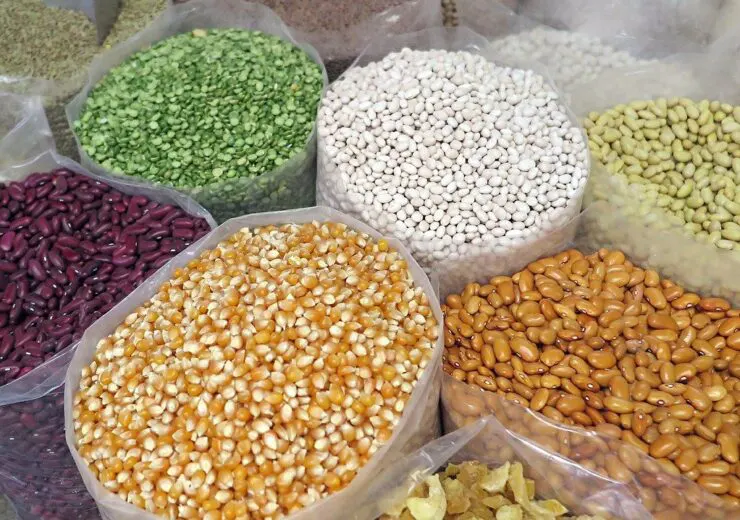The federal government has made it obligatory for the companies to take local production of any imported seed variety to at least 50 per cent of the total volume within five years after getting official permission.
As per the Federal Seed Certification & Registration Department, the move is aimed at encouraging local production of imported varieties to gradually reduce reliance on imports of seeds.
As per the official figures, Pakistan is spending Rs50 billion annually on the import of seeds of various crops.
Pakistan imported 70,000 metric tons of seeds for different crops including hybrid maize, rice and vegetables last year.
“It will help to achieve self-reliance and save precious foreign exchange,” said Muhammad Azam Khan, Director General of the Federal Seed Certification & Registration Department while speaking at a workshop the other day.
CropLife Pakistan arranged the workshop on “challenges in agriculture and the role of modern technologies” at Nathia Gali.
Azam Khan highlighted various initiatives taken to bring improvements in the agriculture sector including fast-track approval of new varieties. He said that initiatives were aimed at enhancing per-acre yield to ensure food security and improving the lives of farming communities.
He said that any promising variety could be introduced to the farmers within one year of its development.
Companies can introduce their variety during the same year of approval by starting seed production during the testing year under the supervision of the department, he added.
Earlier, any new variety was allowed after two years of consecutive cropping seasons. If breeders bring forward a variety which had a quantum jump in the yield or had resistance against any disease, it could be allowed after a single cropping season for seed multiplication.
For the confidence building of breeders, he said, DNA profiling has been made mandatory for registration and compulsory for enlistment. To avoid, piracy, the department will keep a soft copy of the DNA profiling.
Similarly, the government will establish morphological and molecular databases of existing varieties to determine rightful owners.
CropLife Pakistan DG Rashid Ahmed highlighted the purpose of the organization working in 91 countries. He highlighted the need to enable farmers to grow sufficient amounts of food for the increasing population through access to innovative technology.










